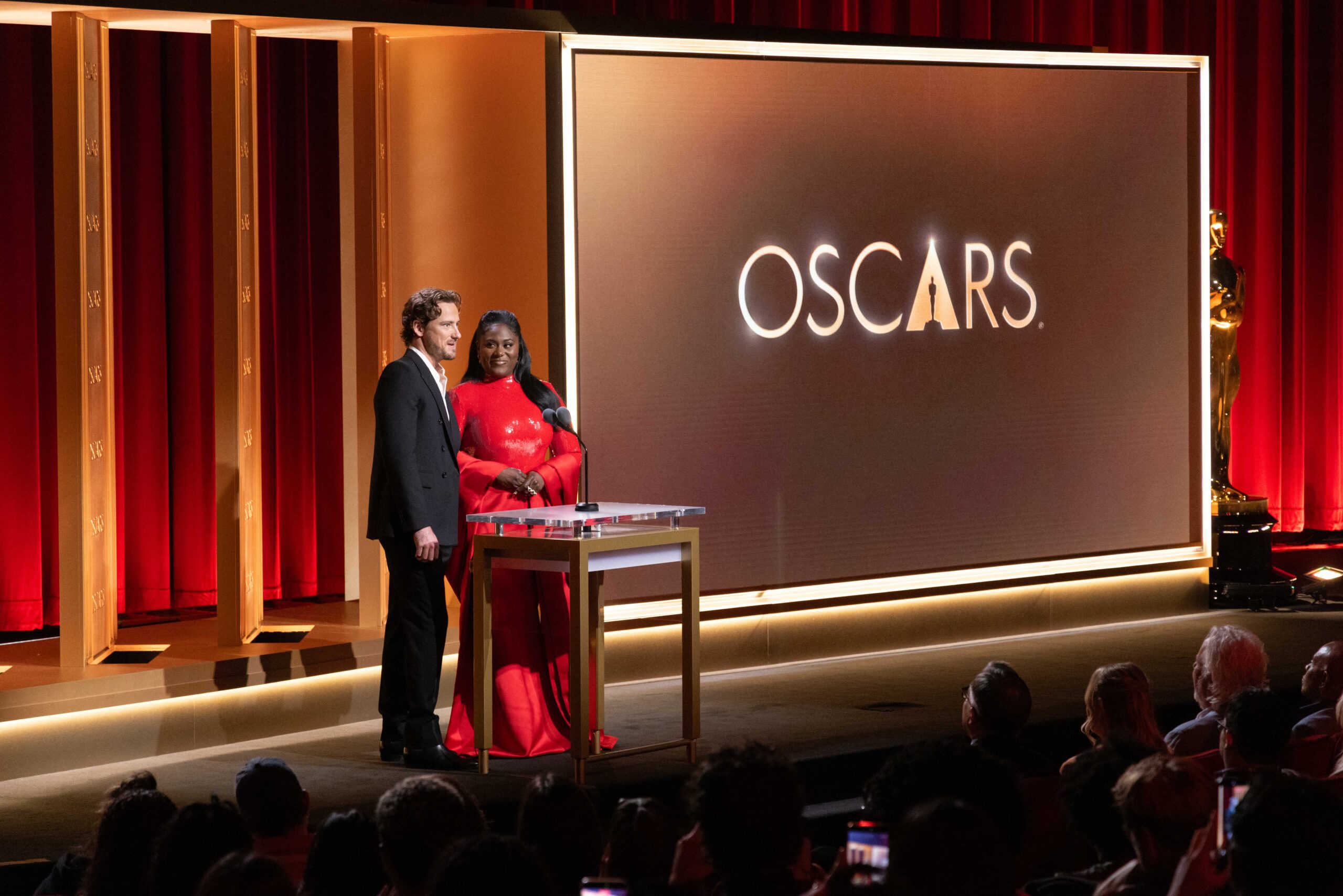A win for the industry as the Government delays the Less Health Food (LHF) advertising restrictions.
Update published: 29 May 2025
A few weeks ago, we shared our sector’s concerns about the impact of the Government’s proposed restrictions on the advertising of High Fat, Salt and Sugar (HFSS) products that are classified as Less Healthy (LHF). We highlighted these concerns by submitting a letter to the Secretaries of State for Health and Wellbeing, Culture, Media and Sport and Business and Trade on behalf of a number of industry bodies. The lack of clarity around brand advertising left many in our industry – especially actors, agents, and project creators – in a state of uncertainty about what would and wouldn’t be allowed. This confusion risked disrupting crucial business for ads later in the year, including the all-important Christmas campaigns.
The Government has now formally acknowledged this lack of clarity and agreed to delay enforcement of the new LHF advertising restrictions until 2026. The delay was prompted by concerns – highlighted in our sector’s recent letter – over whether iconic brands, such as Cadbury’s, could advertise at all under the new rules.
While the Advertising Association, the Institute of Practitioners in Advertising, and other trade groups have led the charge on this issue, we were glad that our sector could provide a fresh, new, culturally powerful perspective to the debate.
What Has Changed?
Full statutory implementation of the LHF ban is now scheduled for 5 January 2026. However, brands and advertisers are still expected to start aligning with its aim from 1 October 2024. The Government has signaled that any flagrant disregard for the spirit of the new rules will be viewed as a hostile act.
The full and detailed guidance on brand advertising for 2026 and beyond won’t be published before 1 October, which still leaves a window of ongoing uncertainty.
What Does This Mean for the Industry?
Brands can continue to advertise as long as LHF products are not featured. For actors, agents, and creatives, this is a crucial win. Campaigns which don’t spotlight specific LHF products should remain safe, even into next year.
As we look ahead to later in the year, we’re glad that Christmas campaigns can go ahead as planned, and we welcome the Government’s commitment to allowing brand advertising from January onward. This is good news for our talent and for the creative agencies we partner with, while also supporting the wider aims of tackling childhood obesity.
Spotlight will continue to work with our partners to ensure that the creative industries are heard as these policies evolve.
–
Published: 16 May 2025
On 15 May 2025, Spotlight sent the Secretaries of State a letter on behalf of the creative industries urging them to delay implementation of the High in Fat, Sugar and Salt (HFSS) Advertisement Restrictions. The letter urges the government to postpone the introduction of the restrictions on food and drink commercials until the industry has had time to prepare and plan accordingly for the changes and the impact the restrictions will have on the careers and livelihoods of freelancers and enterprise businesses.
The letter follows a roundtable discussion, hosted by Spotlight on 28 April 2025, with key members of the entertainment industry. The discussion focussed on the Government’s upcoming restrictions on commercials which advertise food and drink that are High in Fat, Sugar and Salt.
Representatives from Channel 4, the Institute of Practitioners in Advertising (IPA), and a variety of agents and casting directors joined us to highlight some of the concerns the restrictions will have on the creative industry and those working in it.
The letter, sent on behalf of The Association of Voice Agents (AVA), Agents of Young Performers Association (AYPA), Casting Directors Association (CDA), Casting Directors’ Guild (CDG), Co-Operative Personal Managers Association (CPMA), Personal Managers’ Association (PMA) and Spotlight, voices the industry’s concerns about the impact restrictions will have on our sector, as well as disappointment at not being consulted during the Government’s discussions.
What Are the HFSS Advertisement Restrictions?
The HFSS Advertisement Restrictions aim to reduce children’s exposure to fast foods through commercials by limiting when these advertisements can be played.
For Television Commercials:
- HFSS ads will only be able to be shown between 9pm-5:30am.
- This applies to television channels, video on demand services, ad-supported streaming services and IPTV.
- This will be regulated by Ofcom.
For Online Commercials:
- There will be a 24 hour ban on all paid for HFSS ads.
- This includes search engines, listings, banners, videos, display ads, paid-for influencer posts, video games, sponsorships and visual podcasts.
- This will be regulated by ASA.
Exemptions to the Restrictions:
HFSS ads will still be permitted through:
- Audio-only platforms, such as radio and non-visual podcasts.
- Out of Home and Digital Out of Home methods, such as billboards and at bus stops.
- Small to medium enterprises, such as local cafes.
- Business to business
- Organic content and content on a company’s owned channels.
Why Do We Want to Delay the Restrictions Coming into Effect?
The restrictions are set to come into effect on 1 October 2025, but during the course of the roundtable, two things became clear:
- For many of the industry professionals attending, this was the first time they had been informed about the implications of these restrictions on their profession, their clients, performers and the industry.
- The government has not issued guidelines to clarify details about what will and won’t be acceptable under these new restrictions.
The lack of clear guidance so close to the implementation of these restrictions is just one of many issues touched on during the roundtable. As the discussion progressed, it became clear that the effects on our industry have not been properly considered.
There will be an impact on the careers and livelihoods of freelancers and enterprise businesses and the industry needs time to prepare and plan for this.
How Will the Restrictions Impact the Creative Industry and Performers?
The restrictions are likely to cost television companies £400million in revenue. This could result in less channels and less dramas being produced, which in turn becomes less jobs available for performers and other industry professionals.
In 2022, approximately 47.6% of all food adverts shown on ITV1, Channel 4, Channel 5 and Sky1 were for less healthy food and drink products. This rises to 60% during the 6-9pm slot. Had the restrictions been in place then, none of them would have been able to air, and all the jobs and revenue created by them wouldn’t have existed.
Will the HFSS Advertisement Restrictions Work?
The government’s own research has found that these restrictions will only reduce each UK child’s intake by 1.7 calories a day. This amounts to half a Smartie, or one Big Mac and fries meal over the whole year.
In the last 10 years, children’s viewing of commercial TV has fallen by 95%, and yet, in that same period, childhood obesity has risen. TV commercials aren’t what’s driving children to HFSS food – and yet the exemptions of the restrictions do nothing to prevent online influencers from promoting their HFSS products through their own social media channels.
Speaking on the outcome of the restrictions, Spotlight’s Managing Director, Matt Hood, said, “It is disappointing that the impact on performers was not considered when discussing the High in Fat, Salt and Sugar changes to advertising. We, of course, support any efforts to reduce childhood obesity, but a fully rounded discussion with everyone involved in advertising should have happened before we reached the implementation stage. The ability for actors to build sustainable careers is dependent on work in commercials being as viable as any other performance sector, and advertising is vital for the success of home grown drama, without which we cannot showcase our domestic acting talent to a global audience. We hope that it is not too late for these representations from organisations who support the industry’s talent to be heard by the Government.”





